Why studying Humanities is important?

Everyone’s favorite career advice to give and to listen to is ‘follow your passion’. No matter how charming it may sound, it’s not easy to follow and even harder if your passion is not anything related to STEM (science, technology, engineering, mathematics). What to do if, in this world obsessed by STEM, you like studying humanities? How to survive the belittling remarks of people when they say, ‘You have History major? That’s easy.’ Where to hide when your parents look at you as a disgrace if you choose arts over science?
Every time I told someone that I am pursuing a sociology major, the response was, “You want to be a teacher?” or “You must be a UPSC aspirant.” No, the truth is I haven’t decided what I want to be, and that’s the catch. Studying humanities won’t prepare you only for a job, it will prepare you for life.
Skills you learn while studying humanities like critical thinking, analyzing, collaboration, creativity, good communication, understanding human behavior, empathy, etc. are not required by anyone’s job. They are required by all the jobs. For example, Uber wants to hire people with psychology majors to understand how to keep their drivers and riders happy. Executives of Microsoft recently wrote, “As computers behave more like humans, the social sciences and humanities will become even more important. Languages, art, history, economics, ethics, philosophy, psychology, and human development courses can teach critical, philosophical, and ethics-based skills that will be instrumental in the development and management of AI solutions.”
George Anders, author of the book ‘You can do anything‘: the surprising power of useless liberal arts education opined that ‘the ability to communicate and get along with people, and understand what’s on other people’s minds, and do full-strength critical thinking – all of these things were valued and appreciated by everyone as important job skills, except the media.’
We have to realize that we live in a post-industrial era now. We should not be worried about machines taking up nominal jobs. We should worry about how to condition the people to accept such change and humanities can surely help with that.
But with capitalism at its peak and ever-rising unemployment, higher education has become a mere stepping stone to get a job. We consider education as a plug and play device. I want to become a lawyer, study law. Want to become a journalist? Study journalism. We need to diversify our approach to education. On the other hand, with skyrocketing tuition fees and other expenses, it does not seem plausible to spend money on education, which does not guarantee a job. But still, getting a degree, whether in STEM or humanities, is not enough to get a job today.
Job or no job, we still need humanities because humanities make us who we are. Knowing liberal arts fosters feelings like empathy, sympathy, oneness, and agree or not, these skills are inevitable to bring peace in today’s time of global unrest. Humanities force us to think, analyze, rethink, criticize, and draw conclusions from past and present, and predict the future. Anyone can memorize that Hitler killed millions of Jews, but only a social scientist will think about how he convinced millions of other people that he was doing right.
Just as studying laws of motion opens a window to the whole other universe, exploring how resources are allocated and used teaches about the development of the economy. Learning a new language opens doors to entirely different cultures and a new understanding of society.
Humanities and STEM go hand in hand
To unlock our best possible future, we need two keys; one the STEM, other the humanities. While technology opens gates for endless innovations and discoveries, humanities help people to make the best possible use of them.
Imagine a tech company with the world’s most exceptional engineers trying to make robots but failing miserably merely because they don’t want to use the ideas given by black people, by Muslims, or any other person who does not belong to their race, culture, religion or society.
Imagine if someone invented a drug to cure HIV positive patients, but the cost is so high that the people who are most affected by it cannot afford it, simply because the inventor or the company does not care enough about poverty as much as they care for the profits.
Now I am not saying that the people who don’t study humanities or social sciences are inherently evil, or studying humanities will solve all our problems. Many social issues were endorsed by a number of social scientists. What I am saying is, focusing on one side of the coin and blatantly ignoring or devaluing the other will lead us nowhere but to chaos.
Modern problems are complex, and we need a scientific angle, social angle, and human angle to solve them. Just science is not enough.
Be career-ready with humanities.
With increasing competition, diversified staff and other new problems arising daily. Creativity, curiosity, and empathy are among the most valuable skills that employers are looking for. Apart from this, management sector is flourishing rapidly. Management mainly requires skills like collaboration, persuasion, empathy, and thinking out of the box, and studying humanities can surely give you an edge over them. But what about other stuff like lower salaries and higher unemployment?
Humanities indeed have a higher unemployment rate than STEM, but the difference is only one percent. This should not be the reason for not doing what you love. Speaking of doing what you love, another flaw in pursuing a vocational degree is that most of us don’t know what we love during the early period of higher education.
So, instead of following the crowd like sheep, give yourself some time and explore other paths and pave new ones if you don’t find anything fascinating. Find what you love, build a career, and money will follow. Everyone doesn’t get the privilege of doing what they love. If you have the choice, acknowledge your privilege, and act wisely.
Featured Image Credits: Obama White House


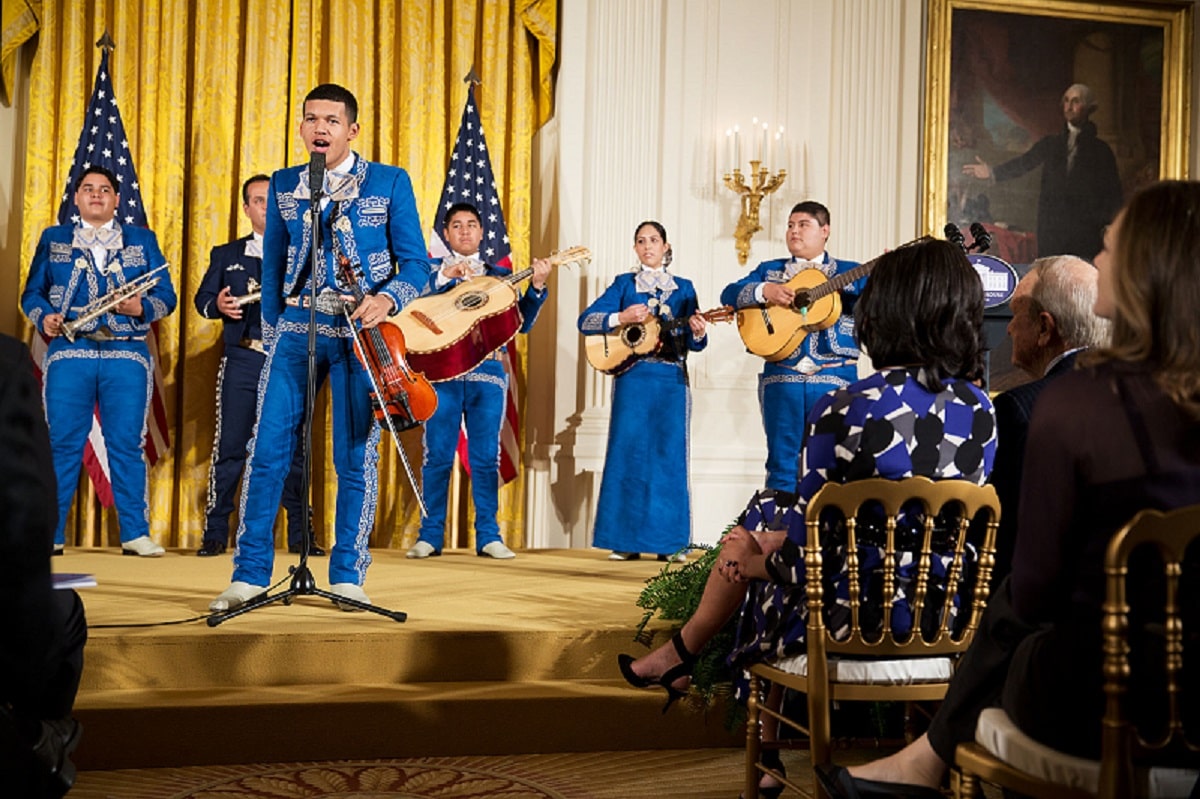

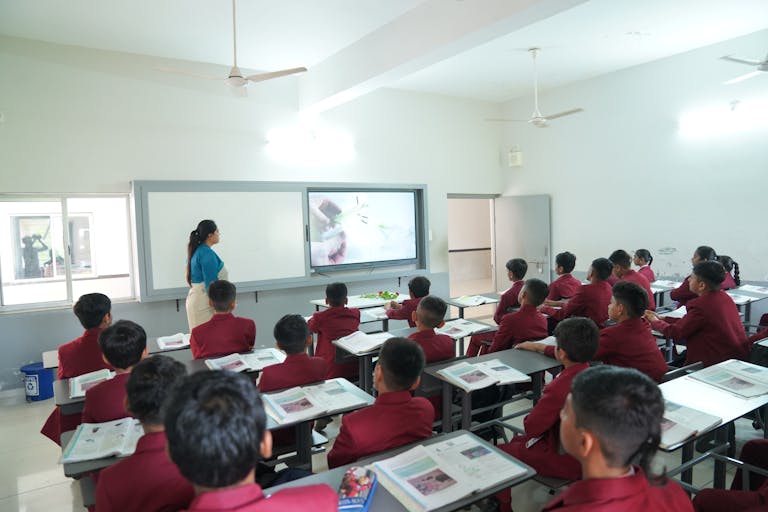
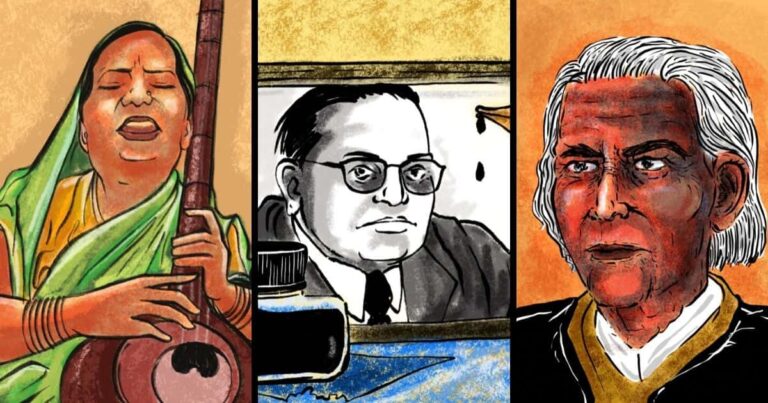
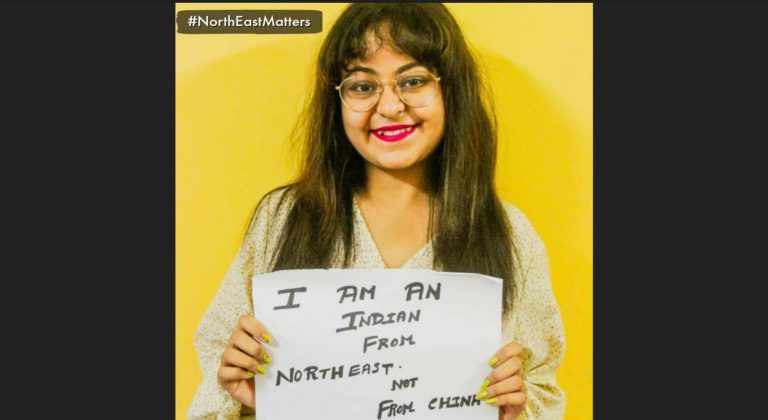

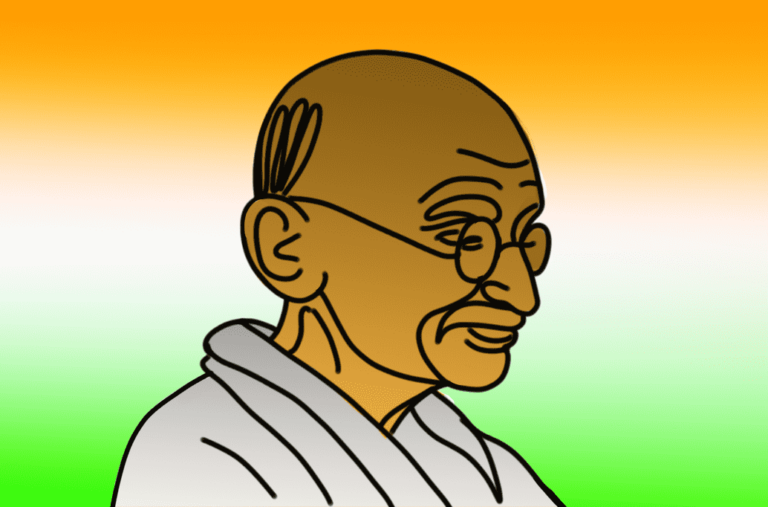
Readers' Reviews (1 reply)